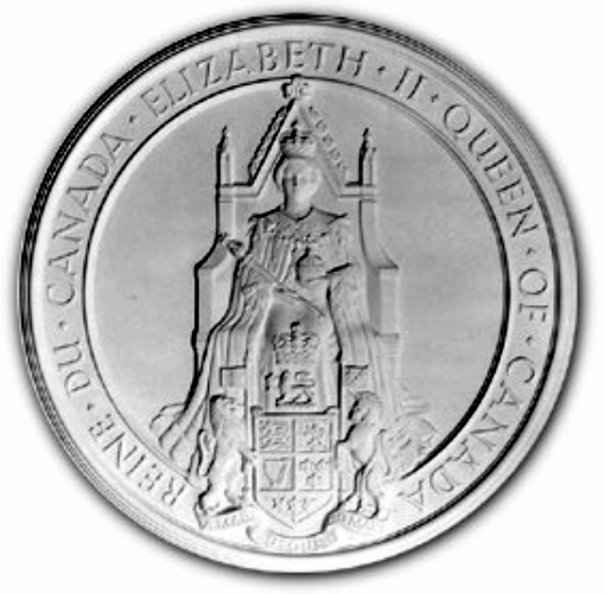To the Editor of The Times
Sir,
It is surely indisputable (and common sense) that a Prime Minister may ask—not demand—that his Sovereign will grant him a dissolution of Parliament; and that the Sovereign, if he so chooses, may refuse to grant this request. The problem of such a choice is entirely personal to the Sovereign, though he is, of course, free to seek informal advice from anybody whom he thinks fit to consult.
In so far as this matter can be publicly discussed, it can be properly assumed that no wise Sovereign—that is, one who has at heart the true interest of the country, the constitution, and the Monarchy—would deny a dissolution to his Prime Minister unless he were satisfied that: (1) the existing Parliament was still vital, viable, and capable of doing its job; (2) a General Election would be detrimental to the national economy; (3) he could rely on finding another Prime Minister who could carry on his Government, for a reasonable period, with a working majority in the House of Commons. When Sir Patrick Duncan refused a dissolution to his Prime Minister in South Africa in 1939, all these conditions were satisfied: when Lord Byng did the same in Canada in 1926, they appeared to be, but in the event the third proved illusory.
I am, &c.,
SENEX
April 29, 1950
The Lascelles Principles
by Brain de Fitz-James; 4, December, 2008

